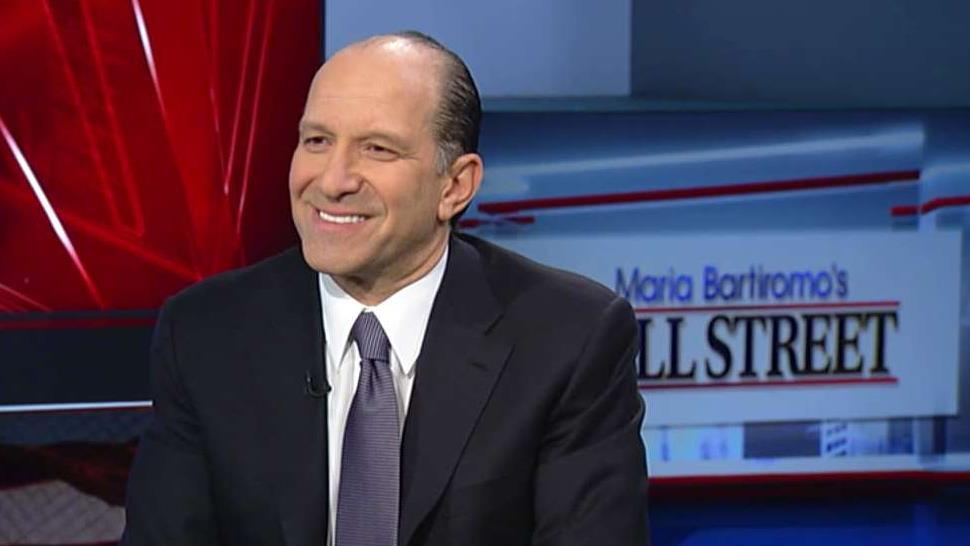Fed advances proposal to loosen Obama-era Volcker Rule
The Federal Reserve voted on Wednesday to advance a proposal that would loosen an Obama-era rule that prevents banks from making risky investments with their own money. The vote came after President Donald Trump promised to ease post-financial crisis regulations on banks to boost economic growth.
The Volcker Rule, as the regulation is known, was imposed as part of the 2010 Dodd-Frank law. It aimed to stop banks that received federally insured deposits from making speculative bets in pursuit of short-term profits and increasing their chances of sustaining significant losses. These banks, which also conduct trades on behalf of clients and customers, are constrained when it comes to investing in hedge funds and private equity funds.
Many industry lobbyists have said the rule is unnecessarily complex and burdensome. It is also challenging for banks to prove they are obeying the trading regulations.
After its implementation, financial institutions were forced to overhaul their trading operations.
Trump signed a bill to scale back some of the provisions in Dodd-Frank last week, which included eliminating Volcker Rule requirements on banks with assets under $10 billion.
Fed officials have said that banks, particularly those with smaller trading desks, spend too much time interpreting and trying to follow the 1,000-plus page rule. All three of the central bank’s governors voted in favor of the proposal, which will not be put up for public comment.
Potential changes discussed included making it easier for banks to prove that they are not engaging in proprietary trading, tailoring the rule based on not only the size of the financial institution but also its level of trading activity and clearing up other terms of the law. JPMorgan CEO Jamie Dimon famously said it required traders to get a psychologist and lawyer to interpret properly.
But it’s not just the central bank that will be needed to approve revisions to the Volcker Rule. The Securities and Exchange Commission and three other agencies would need to sign off on any changes.




















